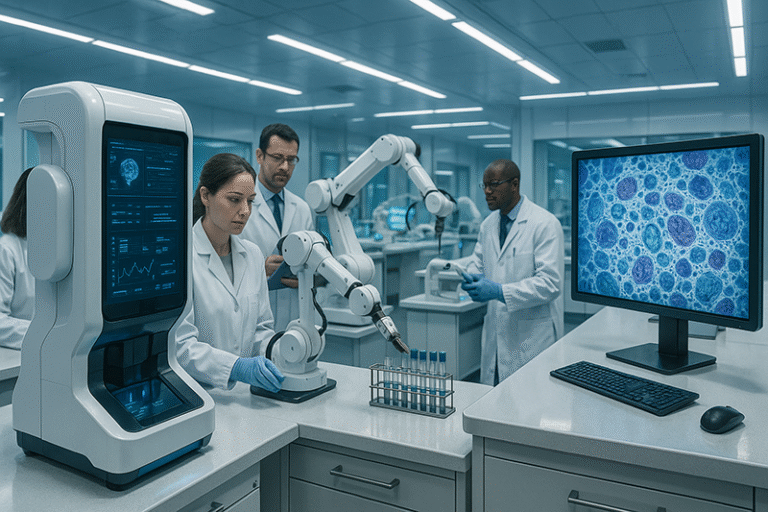The Role of AI in Modern Clinical Laboratories: Transforming Healthcare Diagnostics
Introduction: How AI is Reshaping Clinical Laboratory Science
Understanding AI in the Context of Laboratory Medicine
Definition of Artificial Intelligence in Healthcare

